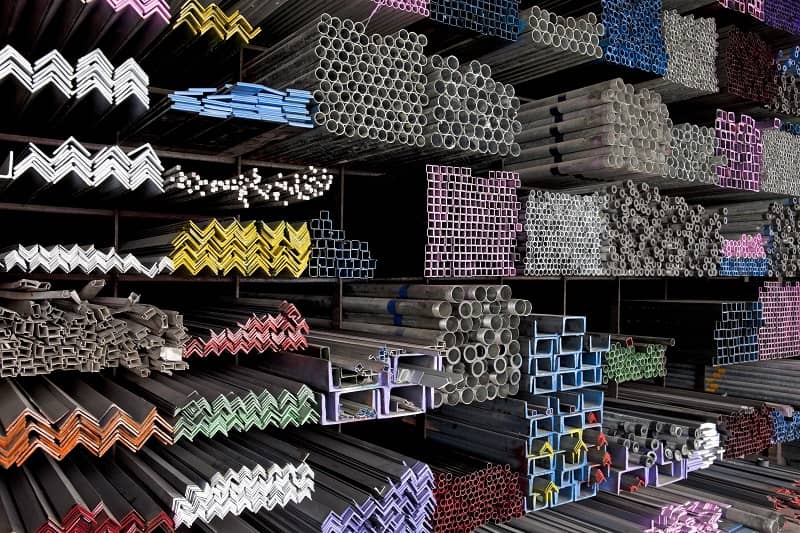Global and domestic supply chain disruptions are making it harder for leaders in the construction industry to get the materials they need. It’s difficult to find the amount of materials required within the projected timeline. This is adding more obstacles to an already challenging job for project managers. Construction leaders that don’t make the necessary adjustments to accommodate the supply chain ramifications jeopardize client relations. Follow these tips for successfully managing material shortages.
1. Update your contracts to reflect current challenges.
It’s crucial to update client contracts to reflect the current climate. When you initially formulated these agreements, supply chains were in much better shape. Revisit clauses pertaining to material provisioning and other relevant content. Keeping these terms within the context of current material shortages and supply chain disruptions will temper client expectations, improve communication, and reduce some commercial risks. Try to make these changes to both ongoing and future contracts.
2. Plan far ahead of project deadlines.
As a project manager, you’re used to playing the long game. It’s normal to plan several months in advance of a project to ensure you have everything needed to meet contractual obligations on time. The material shortage is a complicated variable you can account for by planning even further ahead. Of course, purchasing materials too far in advance represents its own risk as it could increase overhead costs unnecessarily. However, this might be a risk worth taking to avoid running into supply shortages in the middle of a project.
3. Take the opportunity to renegotiate prices.
Major market changes that happen to your disadvantage can actually put you in a good position to renegotiate prices. It’s one of the sole silver linings in the dark cloud of material shortages. Don’t be afraid to put suppliers in the hot seat by requesting lower prices due to the long wait times and strained supplies. You’re taking a tough situation that’s not in your favor and use it as leverage to improve rates. Of course, you should be fully aware of the negotiating power you have because you don’t want to end up losing a supplier.
Further Reading: The Ultimate Guide to Managing Accounts Receivable
4. Diversify your supply chains.
Diversification is an excellent way to mitigate risk. When you start feeling the pinch of material shortages with your current providers, it might be time to diversify your suppliers. Having more potential sources doesn’t automatically mean an abundance of materials, but it’s always a good idea to keep an eye out. When you’re anticipating high demand for a particular material, send out a notice to your entire supplier network to get a feel for availability. The more diverse your network, the greater the chances you’ll find what you need.
5. Manage stakeholder expectations.
You have a responsibility to all stakeholders including upper-level management, employees, partners, and clients to remain aboveboard and transparent. Keep everyone in the loop about supply chain issues, anticipated delays, and other obstacles in the road. Managing expectations throughout the entire project is essential for keeping everyone on the same page. Maintaining good communication will go a long way in reducing the negative impact of unavoidable supply chain disruptions.
6. Double-check your numbers.
With longer wait times, greater delays, and lower supplies, it would be a disaster to be forced into redoing or canceling an order. Make sure to double-check the math when calculating the amount of materials you need for the project. Don’t get pressured into making orders too quickly in an attempt to compensate for the supply shortages. Take the time to get the numbers right so you can avoid expensive and time-consuming reorders.
7. Request more visibility from providers.
Just because there are more bumps in the supply chain doesn’t mean you should remain in the dark. Reach out to providers to request greater oversight of their supply chains to gain a better understanding of what you can expect. This makes it easier to accurately gauge your project timeline, increases decision-making accuracy, and keeps providers on the hook. Don’t let your material suppliers use the “supply chain” as a universal excuse for other shortcomings.
Struggling to find the right construction talent for your projects? Not anymore! Madden Craftsmen specializes in helping local construction businesses in the PNW find the perfect craftsmen for the job. Check out our employer resources or contact us today to get started.




